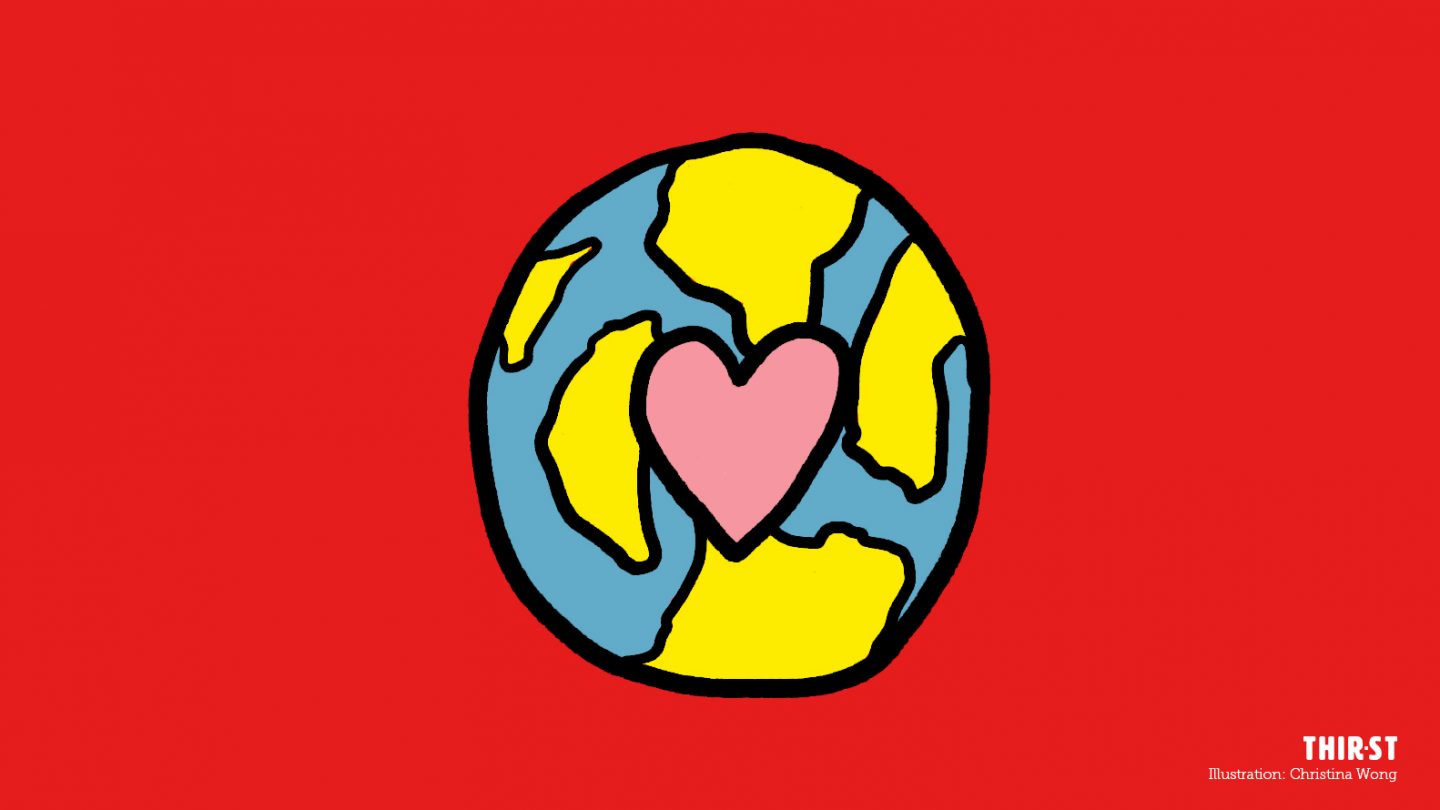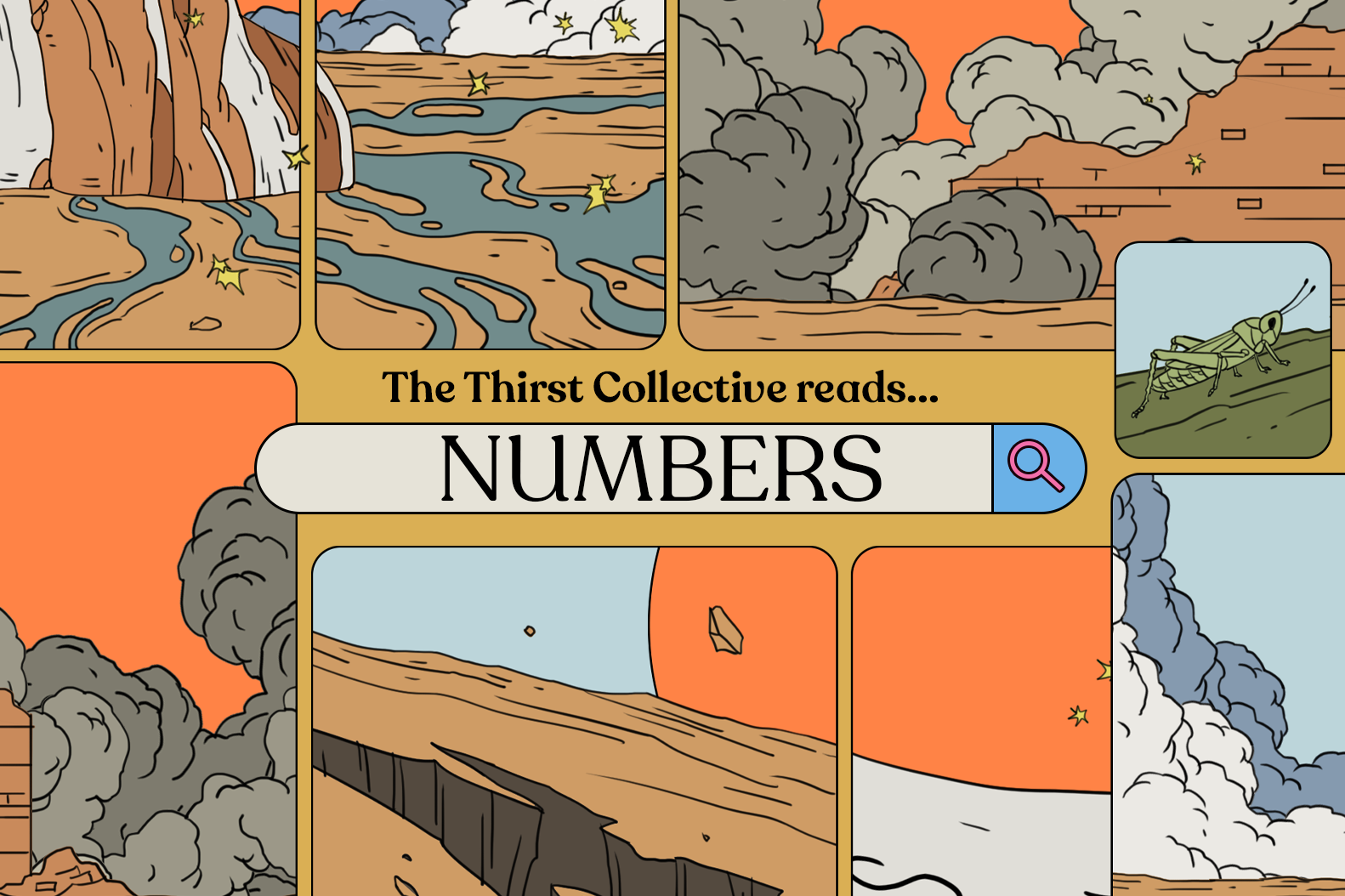The topic of missions is not a comfortable one to talk about – sometimes not even in our cell groups. It questions our willingness to do the unnatural and the uncomfortable.
But we have a mission – and a Great Commission – to accomplish.
If we see ourselves as His disciples, our Christian mission is a singular purpose we orient our lives around, and it doesn’t always involve an air ticket to a faraway place. Mission doesn’t have to mean overseas trip.
Check the thesaurus – other words for mission are “purpose” and “function”. When we look at it this way, we recognise that our lives are meant to be lived as an answer to God’s call. That’s our purpose, our function. Our mission.
And while we all have the same mission (Matthew 28:19-20), we may be called to carry out our mission in multiple ways.
Here are 9 different realms of missions to help us get some handles on our mission – what we are called to.
WHICH OF THESE 9 FORMS OF MISSIONS ARE YOU CALLED TO?

1. EVANGELISM
Isaiah 52:7, Luke 10:1-9, Mark 1:15
What emotions does the word evangelism stir up in you?
I’m a first-generation Christian who only got to hear about Jesus because a secondary school classmate plucked up the courage to tell me about the Christ. So when I think about evangelism, it’s a picture of Jesus reaching out to me through my friend.
To evangelise is to tell the story of what God has done for us through Jesus Christ.
We are not the gift; Jesus is. We point people to the Source, the Living Water, so that they might find Him, quenching their thirst for a real Hope in all of life’s conundrums.
Think about your mission: Are there people around me who hasn’t heard of the story of Jesus? Am I living a lifestyle of evangelism? Am I mindful to build genuine relationships with my friends and neighbours? Do I enjoy telling other people about Jesus?

2. RECONCILIATION
2 Corinthians 5:17-20, Matthew 5:9, Matthew 5:43-45
God kickstarted the work of reconciling all man back to Him when he sent Jesus to the world, so that through him, our sins may be atoned for and forgiven. Jesus was the Way (John 14:6) for us to return to God.
The mission continues today for all of us Christians whom God has called to be His ambassadors: Through acts of forgiveness, we provide people with access to healing and restoration that comes from God. We’re called to be peace-makers.
Think about your mission: Are there people we need to reconcile with? Are there people we can bring together for reconciliation? Are there divisive social issues that we can intercede for to ask for God’s move of reconciliation?

3. CONTEXTUALISATION
1 Corinthians 9:19-23, Acts 15:28-29
Jesus came for the world – that’s a lot of people. A lot of different people.
The good thing is that Jesus didn’t call us to all be the same, we only have to be like Him. And depending on the cultures that we are from, even that may look a little different.
That’s where contextualisation comes into the picture. It’s about bringing the Gospel to people wherever they are, helping them to understand what it means to follow, love, and honour God in their culture.
Because we are so different, we express our love for God in different ways. People should be able to love Christ without having to dress, worship, or do things the same way as us.
Think about your mission: How can we bring Jesus to people from other cultures in our community? How can I help them to understand the gospel? How can I encourage them to lead a Godly lifestyle within their culture?

4. MERCY
Micah 6:8; James 1:27
Mercy is the healing balm that heals hearts and restores relationships, but it’s not a quick-fix solution. Mercy cannot be applied through batch processing.
The act of mercy requires us to care for people, one person at a time, just as Jesus tends to each of us personally.
Mercy is the practice of serving others, especially the needy, poor, and disadvantaged. And it requires love, time, and humility. When we respond with mercy to the people around us, we respond to God’s love towards us.
Think about your mission: How can we extend God’s love towards the poor and needy? Are there people in my community whom I can show mercy to? Can I regularly carve out a portion of my free time to help those who are in need?

5. ADVOCACY
Esther 4:13-14, Proverbs 31:8-9, Nehemiah 5:1-12
Advocacy. It’s a big word. But if you pray for others, you’re already an advocate – someone who raises a case to God on behalf of someone else.
An advocate is also someone who supports a cause. Advocacy is the act of transforming political and social structures to align more closely with the Kingdom of God.
Some ways to advocate God’s kingdom could be by creating awareness, exposing evil agendas (eg human trafficking), showing solidarity and mobilising the church to act.
Is there a particular cause or injustice that you feel needs to be changed? Regardless of your position in society, there is something you can do as an advocate who is on a mission.
Think about your mission: What are some social issues we see a need for advocacy? Disadvantaged youths; foreign workers; marriages; families. Will I play a part in bringing God’s kingdom here on earth as it is in heaven (Matthew 6:10)?

6. FRIENDSHIP
1 John 1:3, John 15:13-15, James 2:23
God first extended friendship to us (John 15:15). And friendship is Jesus’s way of reaching people regardless of their status in society, gender, or religion.
Jesus crossed cultural boundaries (Matthew 4:9) to befriend the Samaritan woman at the well; He knew the state of her life, spoke to her need and offered her a way out. Jesus saw Zacchaeus, a tax collector hated by many, and stayed at his house and forgave him.
Friendships built on long-term relationships lead to mutual personal transformation or societal change. It’s how we display God’s love to the people around us, in or out of the church.
If you want to display God’s love, build friendships. With friendship, people no longer become “conversion targets” or goals in an outreach project, but lives that Jesus came to rescue. A soul isn’t a statistic.
Think about your mission: Are we passive in cultivating and maintaining friendships? What is our attitude towards our co-labourers in ministry? Are we driven by task or love?

7. INTER-RELIGIOUS CONNECTIONS
2 Kings 5:1-6, 1 Peter 3:15, Acts 17:16-21
How often do you come into contact with someone of a different faith? And have you taken the time to understand where they come from?
Paul modelled it for us. When he was in Athens, he didn’t only talk about the good news of God in church, but spoke in the marketplace (Acts 17:16-17) as well. By placing himself in the marketplace, Paul had the opportunity to speak to people of different faiths, and in turn, got to speak about his own faith in God.
A group of Greek philosophers invited him to speak (Acts 17:19-20). Though some sneered at him because he spoke about God’s power, still some others became followers of God because of what they had heard (Acts 17:32-24).
Think about your mission: How are we cultivating friendships with those from other faiths? How well do we understand their faiths and customs? How can I boldly yet respectfully proclaim my own faith?

8. CREATION CARE
Genesis 1:28, Genesis 2:15, Deuteronomy 10:14
By caring for God’s creation, particularly the natural world, we are being good stewards. If God affirms that His creation is good, then as His good stewards, we need to be responsible with it.
We know the 3Rs: Reduce, reuse, recycle. But we don’t often see it as part of our Christian mission. Exercising care for the world that God created goes beyond a national campaign or political agenda.
So the next time you see a poster to “make every drop count”, remember our Creator’s part in giving us everything we have on Earth, and our responsibility not to take this gift for granted.
Think about your mission: Do we recognise that our natural world was created by God? Do we see ourselves as a steward of God’s creation?

9. HOLY SPIRIT
Acts 1:8, John 20:21-23, Romans 15:13
“Mission is, from first to last, the work of the Holy Spirit.” (Scott Sunquist)
Our quest to fulfil the mission cannot be done apart from the Holy Spirit. The Holy Spirit empowers us to be participants in God’s mission. By the Spirit we have supernatural power to change the hearts of men and bring salvation to them.
There is no contest where the resurrection power of God is concerned – He alone conquered death. And because of that – we have a Mission Possible.
Think about your mission: Do we depend on the Holy Spirit’s leading in my daily life? Do I recognise the power of the Holy Spirit? Do I operate in the power of the Holy Spirit or in my own strength?
Then the eleven disciples went to Galilee, to the mountain where Jesus had told them to go. When they saw him, they worshiped him; but some doubted. Then Jesus came to them and said, “All authority in heaven and on earth has been given to me. Therefore go and make disciples of all nations, baptising them in the name of the Father and of the Son and of the Holy Spirit, and teaching them to obey everything I have commanded you. And surely I am with you always, to the very end of the age.” (Matthew 28:16-20)
The 9 practices of mission were adapted by Pastor Eunice Low from Bethesda (Bedok-Tampines) Church, from her studies at Fuller Theological Seminary, in a module titled “Practices of Mission”.









